Debate team argues their way to state
Desks had been arranged on one side of the classroom in the direction of the judge and spectators were to occupy the other half of the room. Nervous hands were wrung, and the last minute preparations slowed until all that could be heard was the judge’s pencil scratching the debaters’ names into his paper. The anticipation that hung in the air was a fog held in place with confidence and laced with reminders that what was about to occur was what they had worked so hard for. Then it began.
“Opponents ready? Judge ready?” the affirmative side questioned before they began.
The debate team had reached its goal of going to state. It took place at South St. Paul High School, a 2-day process with the first three rounds on Dec. 4, and the last two rounds along with the finals and declaration of victors on Dec. 5. There were 26 participants this year, which totaled 13 different groups representing Stillwater Area High School. Eight Novice pairs, three junior varsity, and two that belonged to varsity. Seniors Jack Franz, Justin Hannasch, Ace Oubaha and Katie Messelt led the team fiercely, giving all that they had to the team, being their captains.
The topic that makes up the debate is changed only twice a year, due to the large amounts of research needed to provide a sound argument.
With improved delivery techniques, becoming better speakers, and putting more emphasis on the presentation of information, our team will hopefully grow even stronger.
— Danielle Snow
“I probably spent about 1 to 2 hours a week just on my own looking stuff up,” senior and captain Jack Franz said.
Participants take the vital time to learn as much as they possibly can about both the affirmative and the negative sides and then share any new information with other students on the team. In having a clear understanding and a surplus of information about what each side can bring to the podium, they are able to find the holes and where to attack in each argument.
“Once you came across a new argument, you’d share it with the team so we could come up with a counter argument,” sophomore Danielle Snow said.
Their second series of debates was whether or not the European Union should force all their member states to incrementally increase the number of refugees they accept.
“An example of this was when the Paris attacks happened and the very next morning, at our debate, we worked together to keep everyone informed on the latest updates,” Snow said.
Since debates are divided into pairs, it can be hard to find ways to work as a team.
“The most difficult challenge was to figure out how to work as a team. Every year we have new people that are in charge, new kids in the group, and so figuring out the ropes of it was a bit of a challenge,” Franz said.
Although that seemed to have been their largest barrier, according to Franz and Snow, that wasn’t as much of a problem this year.
“I’d say we successfully overcame it within a short period of time,” Jack said. “The team did well with communication and collaboration to help out our fellow teammates,” Snow added.
However, in order to have a successful debate, there needs to be more than just factual evidence.
“In debate, not only is evidence and factual information important, but how it’s delivered lays a big role as well,” Snow said.
In some cases, the delivery of a speech can be what tilts the scale in a close argument. It is in this field that there is always room for improvement, and where a debater really has the ability to make an impact on the viewers.
“With improved delivery techniques, becoming better speakers, and putting more emphasis on the presentation of information, our team will hopefully grow even stronger,” Snow said.
Opposing team freshman Connor Block and junior Sumukha Terakanambi from Eastview High School argued during the fifth round with the Stillwater duo of sophomores Danielle Snow and Sophia Rondeau.
“That was one of the better ones [for us],” Block commented. “[It was] very close,” added Terakanambi.
The team fought hard to keep each other on their toes, but it still wasn’t enough. Stillwater Area High School was not represented in the semi-finals.
“Since our junior varsity and varsity teams were so close but not quite there, it just adds fuel to our fire to ramp it up and do better next year,” Snow said.


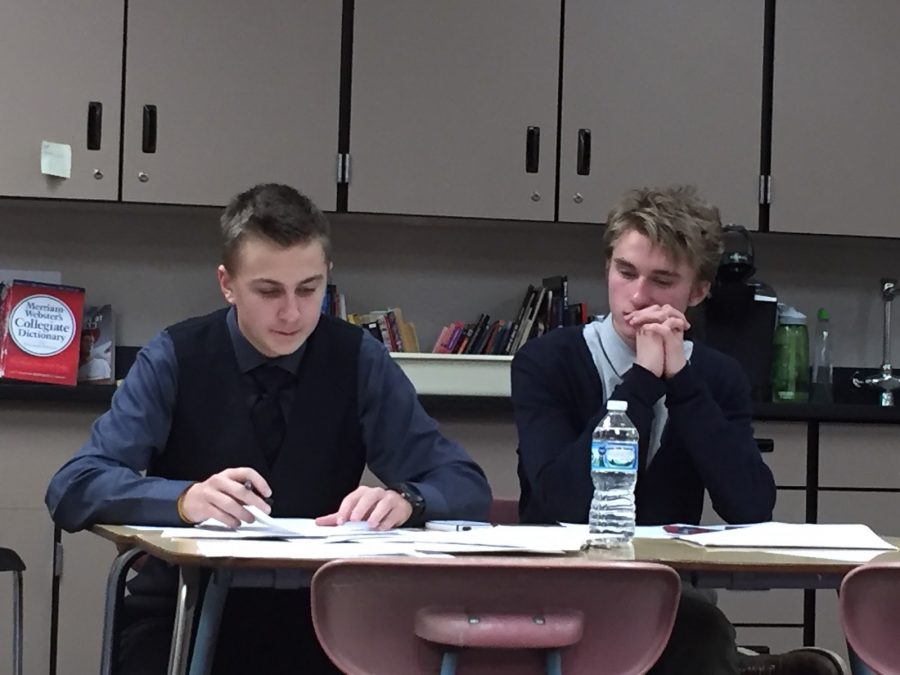
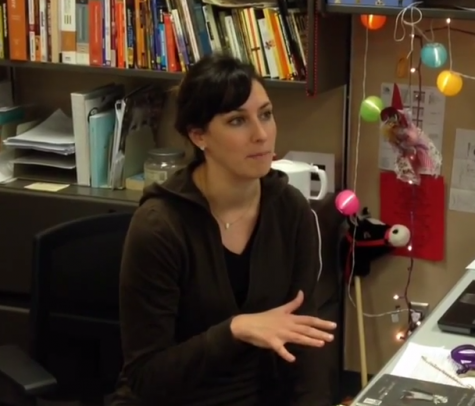
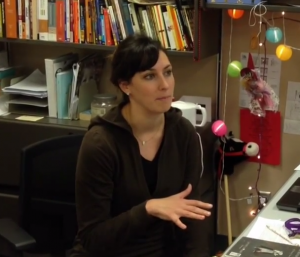
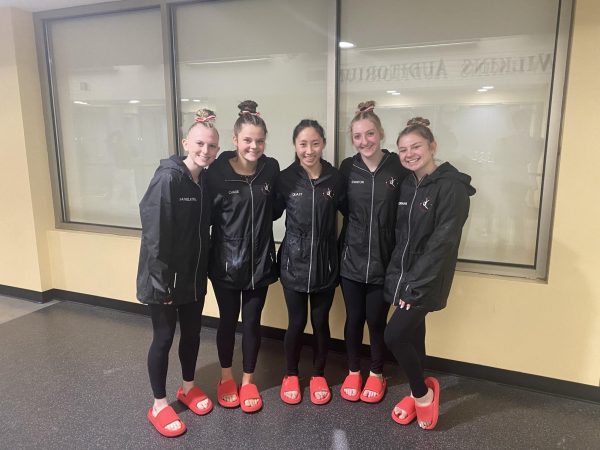
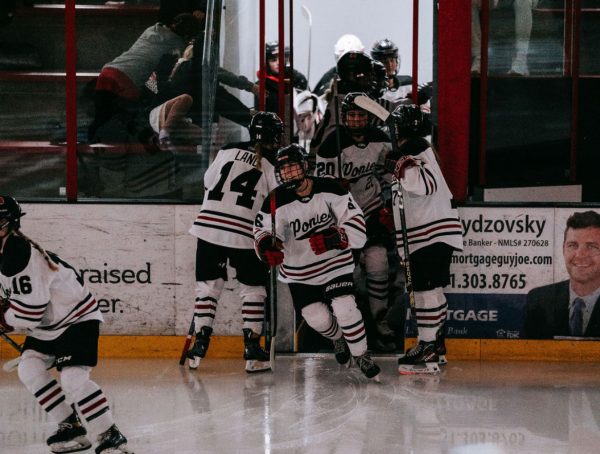
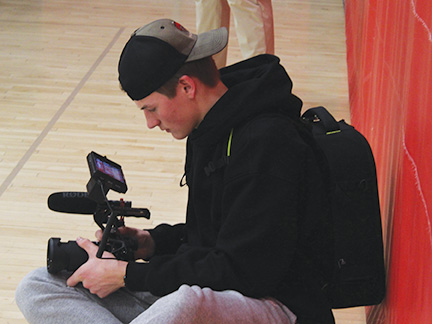
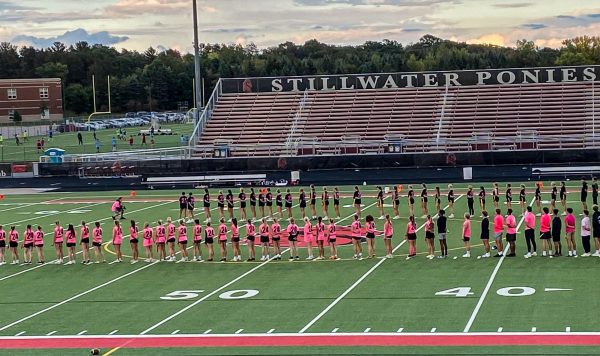
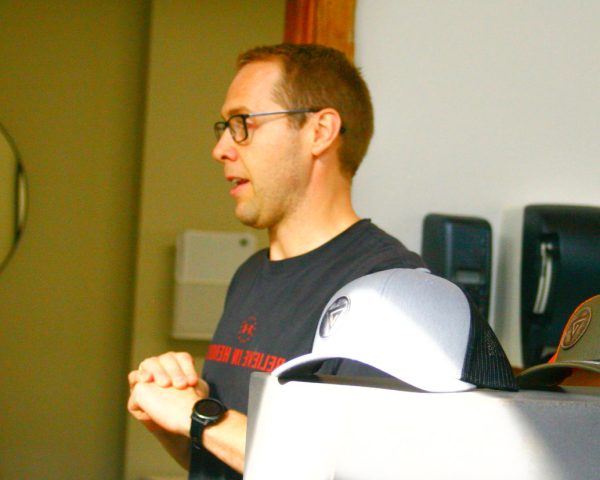
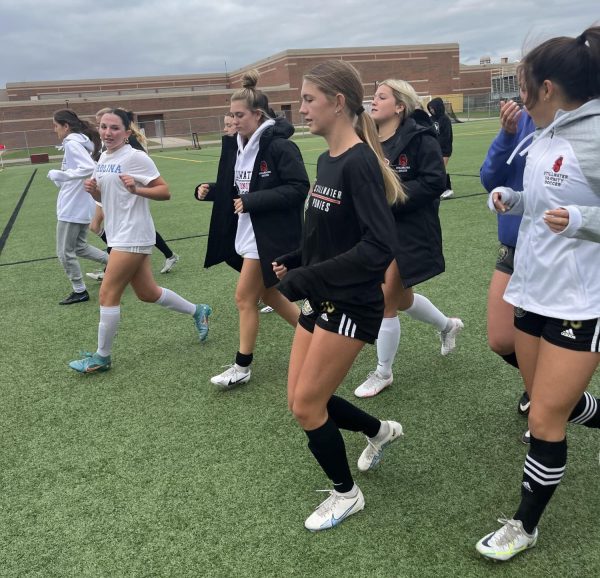
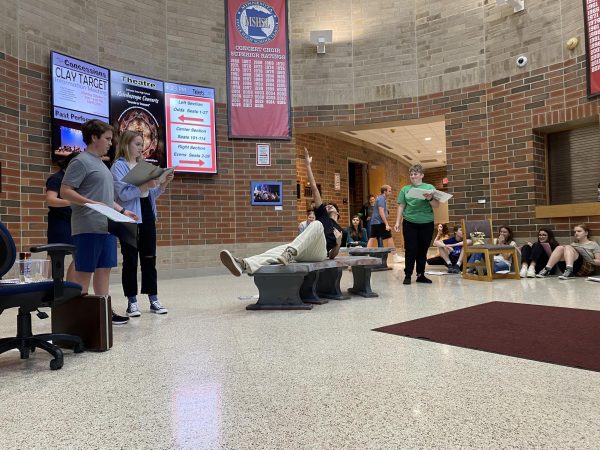
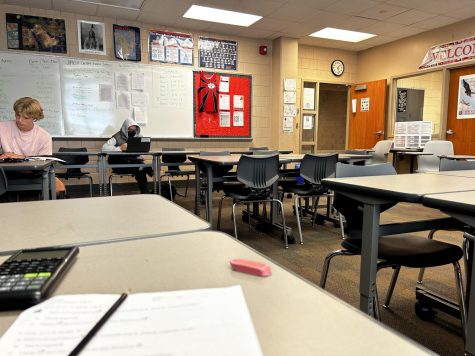
Andrew Weigel • Apr 15, 2016 at 7:58 am
WOW! I really liked this article. It was well written, extremely detailed, and full of great information/quotes. I especially liked your photo captions. They were very detailed and informative, and had interesting quotes that were not in the written story.
Samantha Flipp • Feb 16, 2016 at 9:05 pm
You made me feel like I was at a debate tournament. You must have done some great research. You also have great quotes. Excellent work!